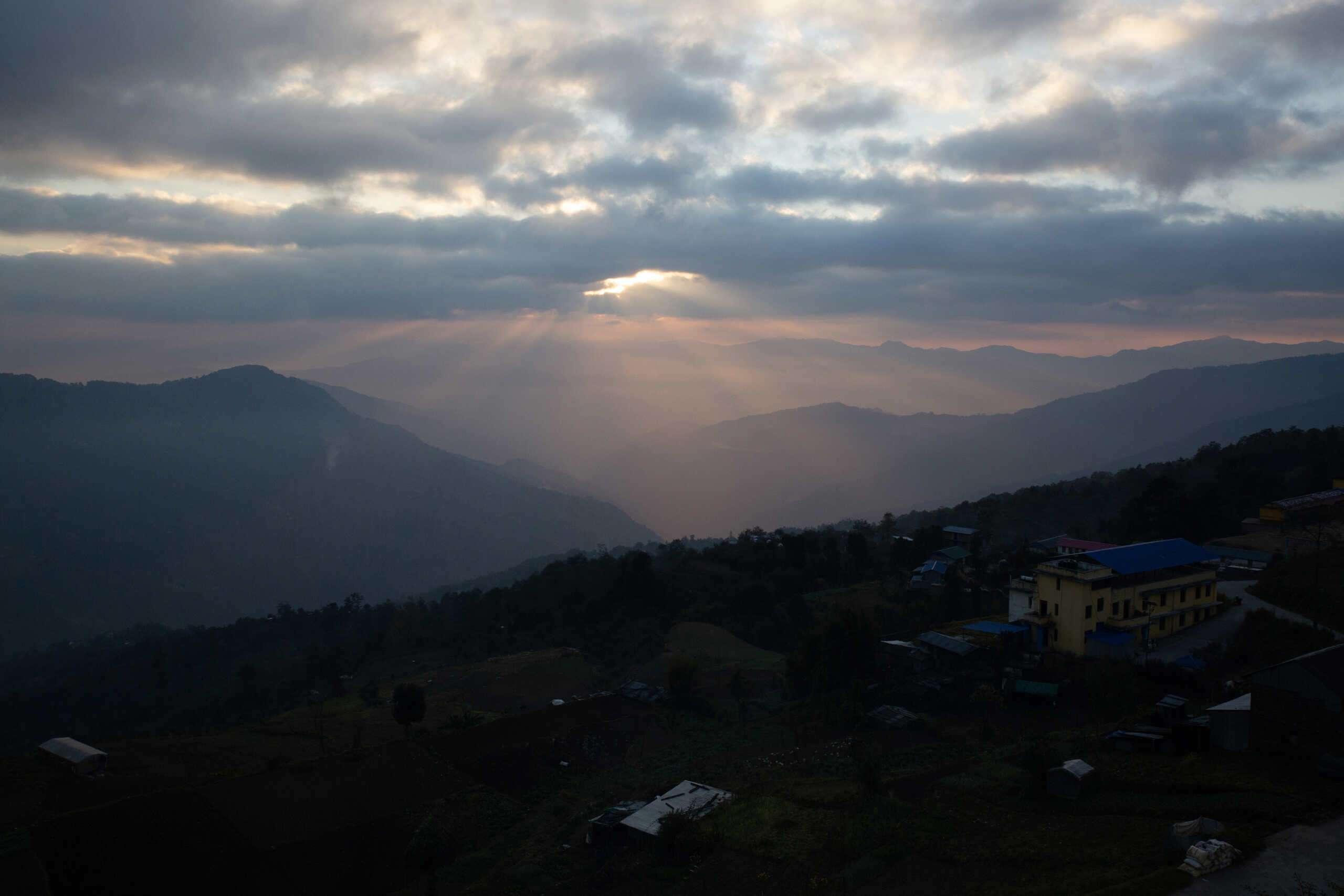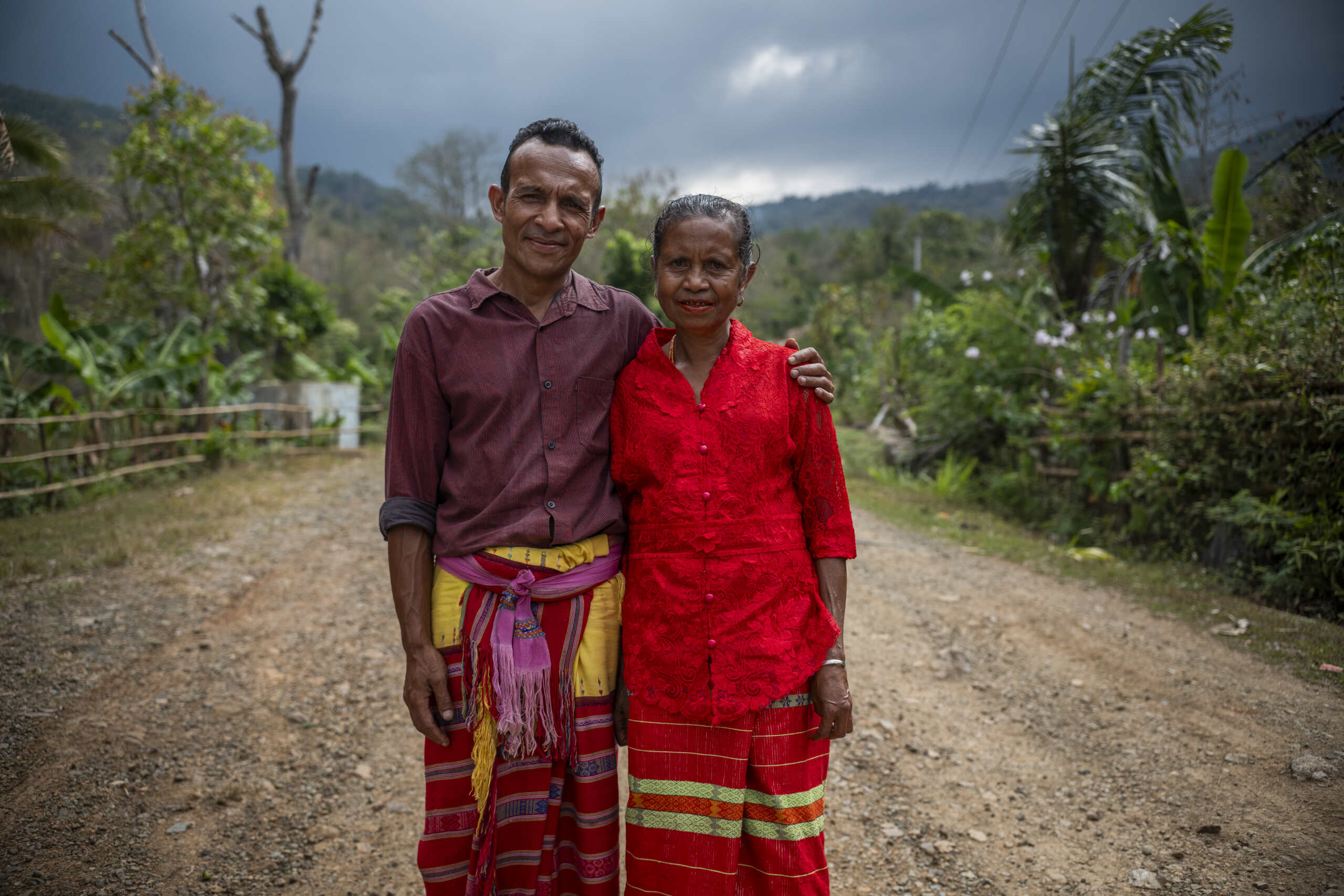Language is life
Stories | December 24, 2021
This blog was written by Advocacy and Communications Officer, Elle Spring, who recently returned from collecting stories of the lived experience of people with disabilities in Vanuatu.
Imagine what your life would be like if you didn’t have a language. Without a recognised form of communication, would you still have gone to school? Would you have a job? What about interacting with your family, friends and community – would that be possible without words?
Language is a basic human right, but for many deaf people in developing countries, this right goes unfulfilled. Sign language is unique to each country – just as spoken languages are. Languages not only enable us to communicate with the world around us; they form part of our identity.
The Convention on the Rights of Persons with Disabilities recognises that sign languages are equal in status to spoken languages and should be respected. Yet in some parts of the world, no formal sign language exists. Vanuatu is one of them.
I was recently in Vanuatu to gather stories of the lived experience of people with disabilities. I met a number of deaf women and girls, and although each has a unique story to tell, the similarities in their experiences were apparent; education being the most common link.
Of the 70 million deaf people around the world, 56 million – or 80 per cent – receive no education. This rate is higher for deaf people living in developing countries, or for deaf women and girls.
I met with five deaf and hard of hearing women. Without a formal sign language, the women each use a variation of basic home sign (gestures that can be understood by family members) and lip-reading to communicate. At their schools, there were no sign language interpreters or extra teaching assistance provided. This made full participation at school and achieving their education impossible.
Harriette is one of those women. Unlike the other women I met, she had acquired her deafness when she was young after an operation to remove a tumour.
For a long time, she didn’t want to leave her home unaccompanied as she was afraid that she couldn’t communicate.
She also stopped her education at primary school as there was no sign interpreter to help her understand what the teacher or students were saying.
Without education, it makes it more difficult to secure formal employment. From a young age, Harriette has been a babysitter to earn an income. She also weaves bags, owns and runs a kava bar, and grows food for her and her family.
She currently lives with her sister, but is saving money to build her own house. From the money she earns, she has purchased almost all of the material needed for her home – land, wood, cement, and is now saving for the roof. Harriette’s dream of owning and living in her own home is about to come true.
This week is International Week of the Deaf and the theme is: Full Inclusion with Sign Language. It promotes that full inclusion of deaf people is possible when sign language is recognised and used widely.
Harriette is 48. I wonder how different her life would have been if she had sign language and access to sign interpreters. Perhaps she would have finished school, and maybe instead of babysitting children, she could have enjoyed being one herself.
A life without language is one without equal opportunities. Sign language, just like spoken language, is essential and must be recognised, promoted and used, so deaf people – just like Harriette – can be fully included in society.
Photo: Harriette, 48, from Vanuatu holding a bag she wove.
https://www.cbm.org.au/stories/language-is-life
Related Stories

Building inclusive, climate resilient communities in Bangladesh
Highlights from DFAT Post’s visit In January 2026, representatives from the Australian High Commission in...

Week 1 – Lent series 2026
As we enter the season of Lent, we’re taking time as a community to pause, reflect, and draw closer to the heart of God. Lent invites...

How CBM is making a difference in Indonesia
For more than 45 years, CBM Global has been working alongside communities in Indonesia to ensure people with disabilities...
